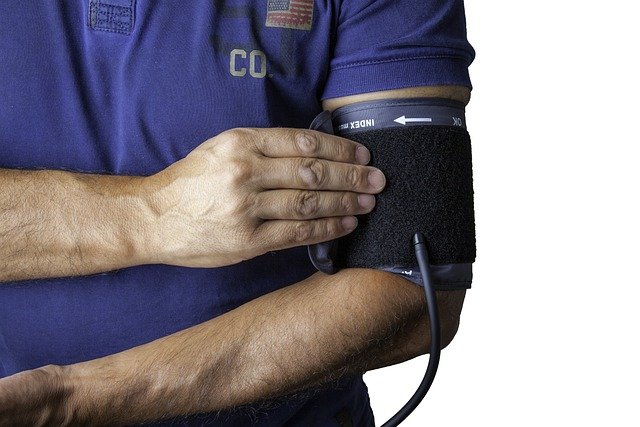Dementia What to Expect During Assessment
Dementia testing helps identify whether someone is experiencing cognitive decline and what might be causing it. Tests range from simple memory screens to comprehensive neuropsychological assessments and brain imaging. Understanding the types of tests, who conducts them, and what results mean can reduce uncertainty for patients and families and guide next steps for care and planning.

This article is for informational purposes only and should not be considered medical advice. Please consult a qualified healthcare professional for personalized guidance and treatment.
What is dementia and why test for it?
Dementia is an umbrella term for conditions that impair cognitive function enough to affect daily life; it is not a single disease. Tests aim to determine whether cognitive changes reflect dementia, mild cognitive impairment, or reversible causes such as medication effects, metabolic issues, or depression. Early and accurate assessment can clarify diagnosis, identify treatable contributors, and help plan care, safety, and support for the individual and family.
How are memory problems assessed?
Memory testing often begins with brief screening tools administered in a clinic or primary care setting. These screens ask about recent events, word recall, and orientation to time and place. If screening suggests significant memory loss, clinicians may proceed to more detailed tests that evaluate different memory types (episodic, semantic, working memory). Results are interpreted alongside medical history, functional abilities, and reports from family or caregivers to build a fuller clinical picture.
How are cognition tests performed?
Cognition tests evaluate attention, language, executive function, visuospatial skills, and problem-solving. Primary care providers often use short assessments; neuropsychologists administer extended batteries that quantify strengths and weaknesses across domains. Testing can take an hour or several hours, depending on depth. Scores are compared to age- and education-adjusted norms to determine whether cognitive performance is within expected range, declining from prior levels, or consistent with specific patterns seen in different conditions.
How do brain scans and lab tests help?
Brain imaging and laboratory tests are used to identify structural or metabolic contributors to cognitive change. MRI or CT scans can reveal strokes, tumors, or brain atrophy patterns. In some settings, PET scans assess brain activity or amyloid deposition. Blood tests can screen for thyroid dysfunction, vitamin deficiencies, infections, or other systemic causes. These tests do not confirm every type of dementia but help rule out reversible causes and support a more accurate diagnosis.
When should you see a doctor about testing?
See a doctor if memory lapses or changes in thinking, behavior, or daily functioning become noticeable, persistent, or progressive. Family members or caregivers often notice subtle changes first. Primary care physicians can perform initial screening and order basic labs or imaging. Referral to a neurologist, geriatrician, or neuropsychologist may follow when symptoms are complex, progress, or when a specialist evaluation is needed for diagnosis, treatment planning, or participation in clinical programs.
What happens after a dementia test?
After testing, clinicians combine results from cognitive assessments, imaging, labs, and clinical history to formulate a diagnosis or a working impression. Management may include treating reversible causes, prescribing medications when appropriate, recommending cognitive rehabilitation, or arranging support services and advance care planning. Follow-up monitoring helps track changes over time and adjust care plans. Clear communication about prognosis, daily supports, and legal/financial planning is an important part of post-test care.
In summary, dementia testing is a multi-step process that includes memory and cognition screening, possible neuropsychological evaluation, and targeted imaging and lab tests to identify causes and guide care. Working with a doctor and a care team helps ensure a comprehensive assessment and appropriate follow-up tailored to the individual’s needs.






